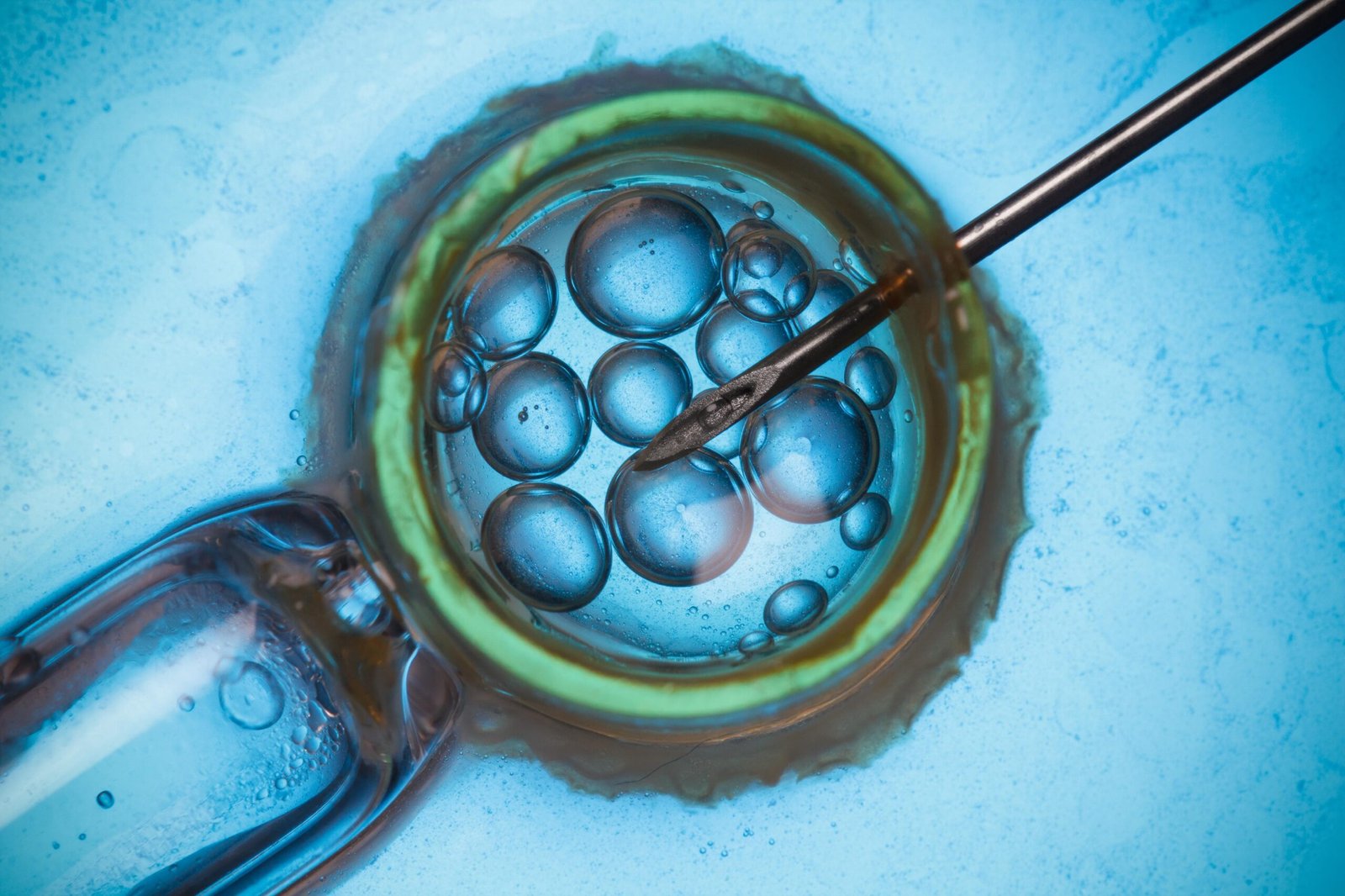From fertility tracking apps to cutting-edge IVF techniques, technology is revolutionizing the way we approach reproduction. But as the use of technology in fertility becomes more widespread, it’s important to consider the potential implications and risks. In this article, we’ll explore how technology is affecting fertility and what it means for the future of reproduction.

Technology is having a significant impact on the field of reproductive health, with new and innovative solutions emerging to address longstanding fertility challenges. From fertility tracking apps to cutting-edge assisted reproductive technology (ART) techniques, technology is changing the landscape of fertility in countless ways.
One of the most significant developments in this area is the rise of fertility tracking apps. These apps are designed to help women track their menstrual cycles and predict ovulation with greater accuracy. This technology can be particularly helpful for couples who are trying to conceive and need to time intercourse to maximize their chances of success.
Assisted Reproductive Technology
Another major area of advancement is in ART techniques. In vitro fertilization (IVF) has been around for several decades, but newer techniques such as intracytoplasmic sperm injection (ICSI) and preimplantation genetic testing (PGT) offer even greater precision and success rates. These techniques have helped countless couples overcome infertility challenges and achieve successful pregnancies.
While the use of technology in fertility offers many benefits, it also comes with potential risks and ethical considerations. For example, the use of fertility tracking apps raises questions about privacy and data security. Additionally, the high cost of ART treatments can be a barrier to access for some couples, and there are concerns about the long-term health effects of these technologies.
Despite these challenges, the benefits of technology in fertility cannot be ignored. As more couples struggle with infertility, technology offers hope for successful pregnancy and starting a family. With continued advancements in this field, it’s likely that we’ll see even more innovative solutions to fertility challenges in the years to come.




